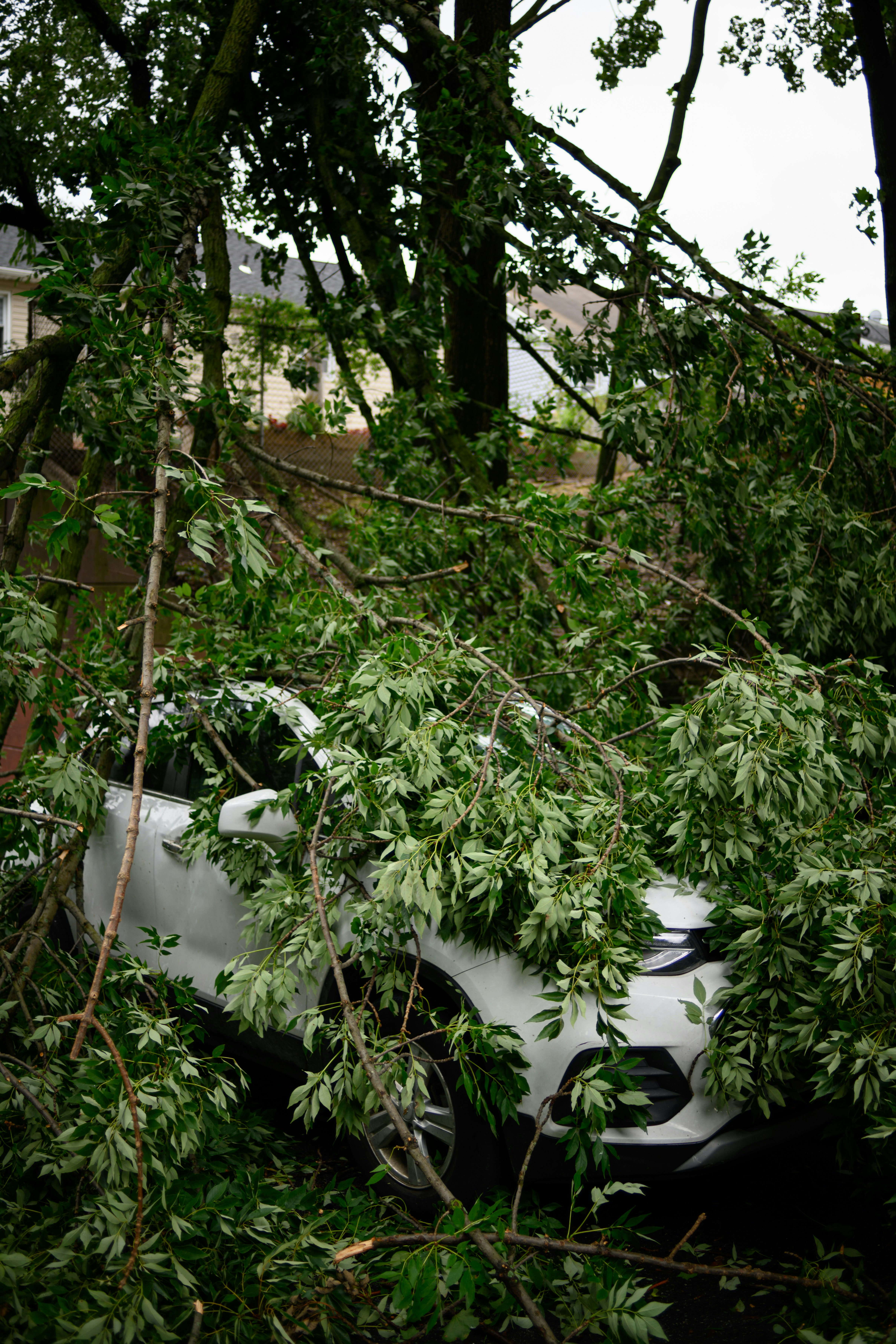The Crucial Role of First Responders in Hurricane-Prone Areas
When hurricanes strike, the unsung heroes who rush to the front lines are our first responders. Their ability to act swiftly and effectively can mean the difference between life and death. With increasing hurricane intensity due to climate change, it’s crucial that these brave individuals receive comprehensive resilience training to meet the unique challenges posed by such natural disasters.
Understanding Resilience Training
Resilience training encompasses a range of skills and knowledge areas designed to prepare first responders for high-stress environments. This type of training not only covers physical preparedness but also mental fortitude, emotional stability, and tactical planning. The goal is to ensure first responders can perform their duties efficiently, no matter the severity of the situation.
Key Components of Resilience Training
Effective resilience training programs should cover the following areas:
- Psychological Preparedness: Techniques to manage stress, trauma, and fatigue.
- Tactical Skills: Evacuation procedures, search and rescue operations, and medical first aid.
- Communication Strategies: Efficient communication techniques within teams and with other agencies.
- Physical Fitness: Maintaining peak physical condition to handle demanding situations.
The Impact of Climate Change on Hurricane Intensity
According to the National Oceanic and Atmospheric Administration (NOAA), climate change is leading to more intense and frequent hurricanes. This amplifies the need for robust resilience training for first responders in hurricane-prone areas.
Resilience in Action: Real-Life Case Studies
During Hurricane Michael in 2018, well-trained first responders in Florida were crucial in minimizing casualties and aiding swift recovery. Their resilience training allowed them to maintain operational effectiveness even under extreme conditions. These real-life instances highlight the importance of being prepared before disaster strikes.
The Psychological Toll
Responding to a hurricane isn’t just physically taxing; it also has psychological impacts. First responders often witness significant devastation and loss. Effective resilience training includes mental health support strategies, ensuring that these heroes are equipped to handle the emotional toll of their duties.
Community Involvement and Support
While first responders are on the front lines, communities can also play a vital role. By participating in local preparedness programs and supporting first responder training initiatives, communities can bolster their overall resilience. Join our efforts at HelpNow to contribute to building stronger, safer communities.
Training Programs and Resources
Many organizations, including HelpNow, offer specialized training programs for first responders. These programs cover various aspects of emergency response, including core safety training and emergency equipment safety. Investing in these programs is essential for maintaining readiness.
Stay Updated
Keeping up with the latest training techniques and tools is vital. Subscribe to our blog for updates on new training programs, technology advancements, and real-life stories of resilience.
Conclusion
Resilience training is not a luxury; it’s a necessity for first responders in hurricane-prone areas. By focusing on psychological preparedness, tactical skills, communication strategies, and physical fitness, we can ensure that our first responders are ready for the challenges ahead. As climate change continues to impact hurricane intensity, the need for well-trained first responders has never been greater.
Join HelpNow in our mission to provide essential training and resources to first responders. Together, we can build stronger, more resilient communities capable of weathering any storm. Contact us today to learn more about our training programs and how you can support our efforts.

